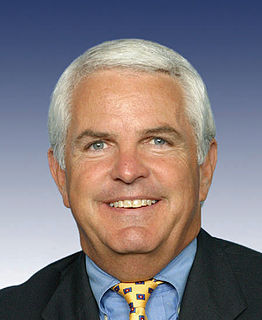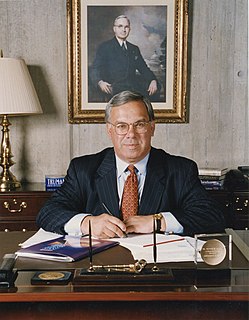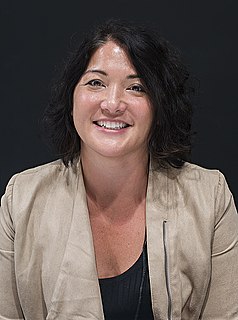A Quote by Rick Scott
Health-care costs when I got into the industry in '88 were 16 percent a year inflation. When I got out in 1997, they were less than 1 percent.
Related Quotes
And so our goal on health care is, if we can get, instead of health care costs going up 6 percent a year, it's going up at the level of inflation, maybe just slightly above inflation, we've made huge progress. And by the way, that is the single most important thing we could do in terms of reducing our deficit. That's why we did it.
I'm going to create tremendous jobs. And we're bringing GDP from, really, 1 percent, which is what it is now, and if Hillary Clinton got in, it will be less than zero. But we're bringing it from 1 percent up to 4 percent. And I actually think we can go higher than 4 percent. I think you can go to 5 percent or 6 percent.
The standard of 'affordable' housing is that which costs roughly 30 percent or less of a family's income. Because of rising housing costs and stagnant wages, slightly more than half of all poor renting families in the country spend more than 50 percent of their income on housing costs, and at least one in four spends more than 70 percent.
Is it just a coincidence that as the portion of our income spent on food has declined, spending on health care has soared? In 1960 Americans spent 17.5 percent of their income on food and 5.2 percent of national income on health care. Since then, those numbers have flipped: Spending on food has fallen to 9.9 percent, while spending on heath care has climbed to 16 percent of national income. I have to think that by spending a little more on healthier food we could reduce the amount we have to spend on heath care.
It makes no difference to a widow with her savings in a 5 percent passbook account whether she pays 100 percent income tax on her interest income during a period of zero inflation or pays no income tax during years of 5 percent inflation. Either way, she is 'taxed' in a manner that leaves her no real income whatsoever. Any money she spends comes right out of capital. She would find outrageous a 100 percent income tax but doesn't seem to notice that 5 percent inflation is the economic equivalent.


































